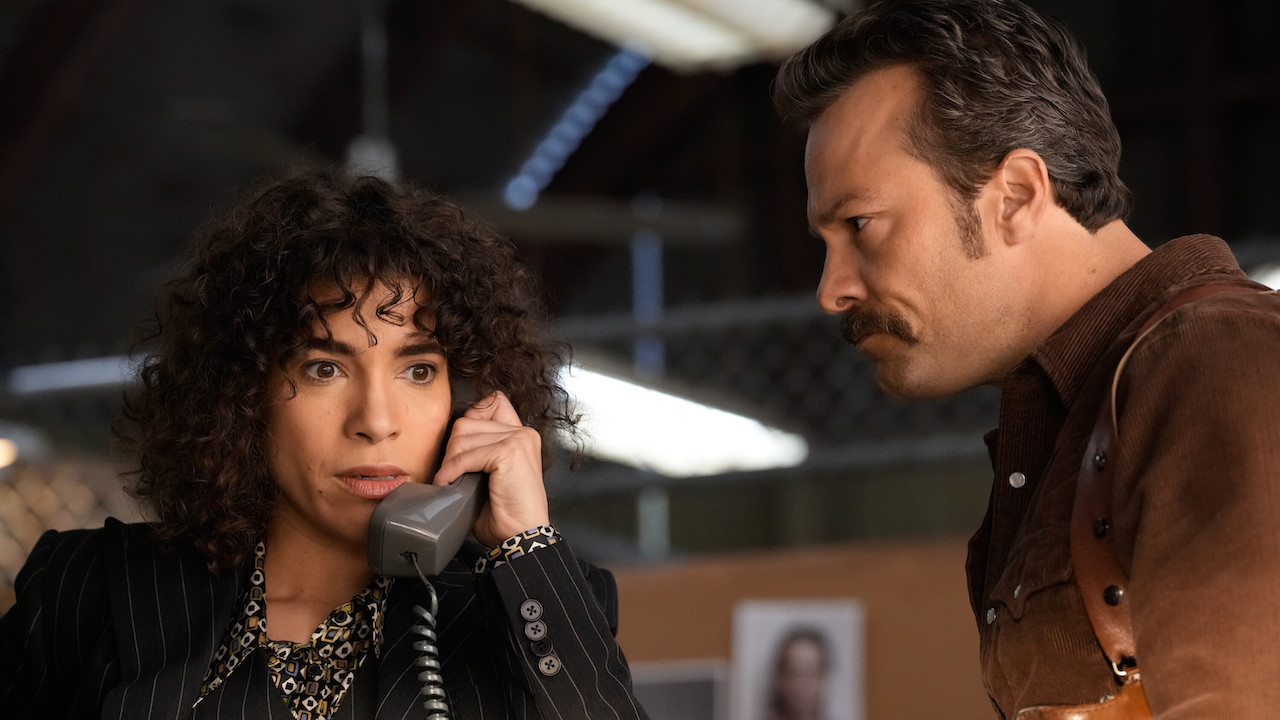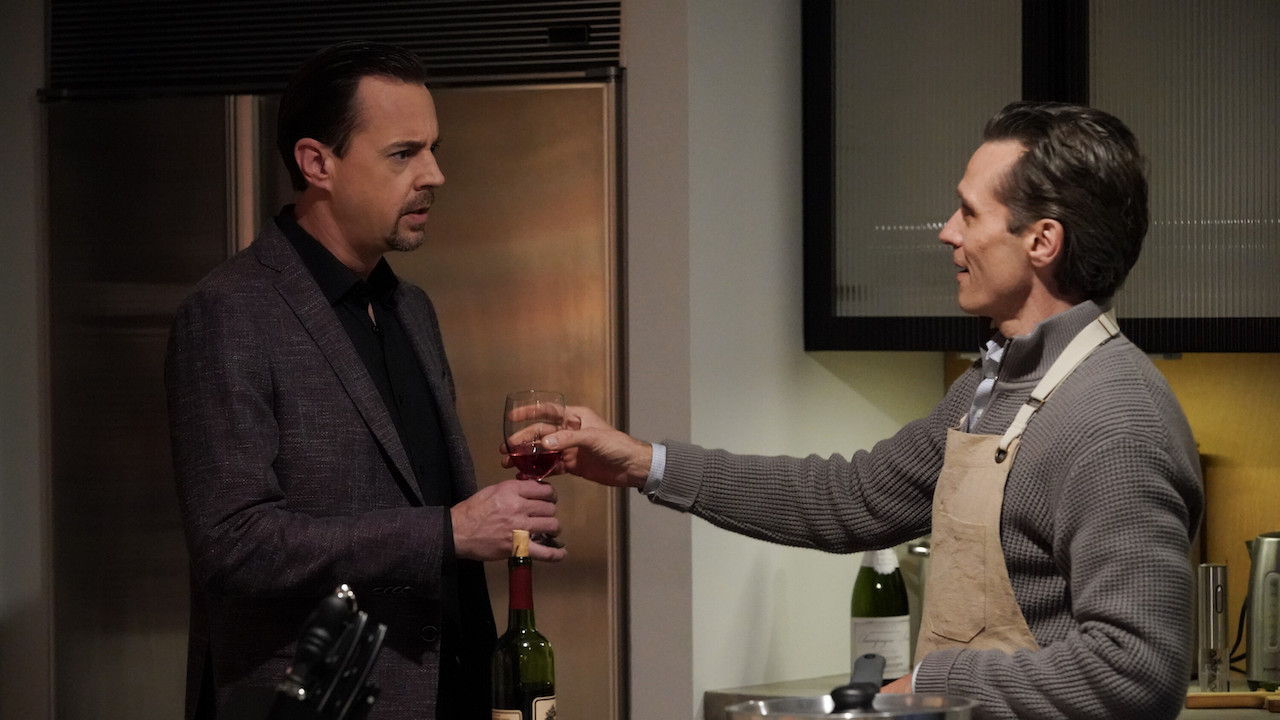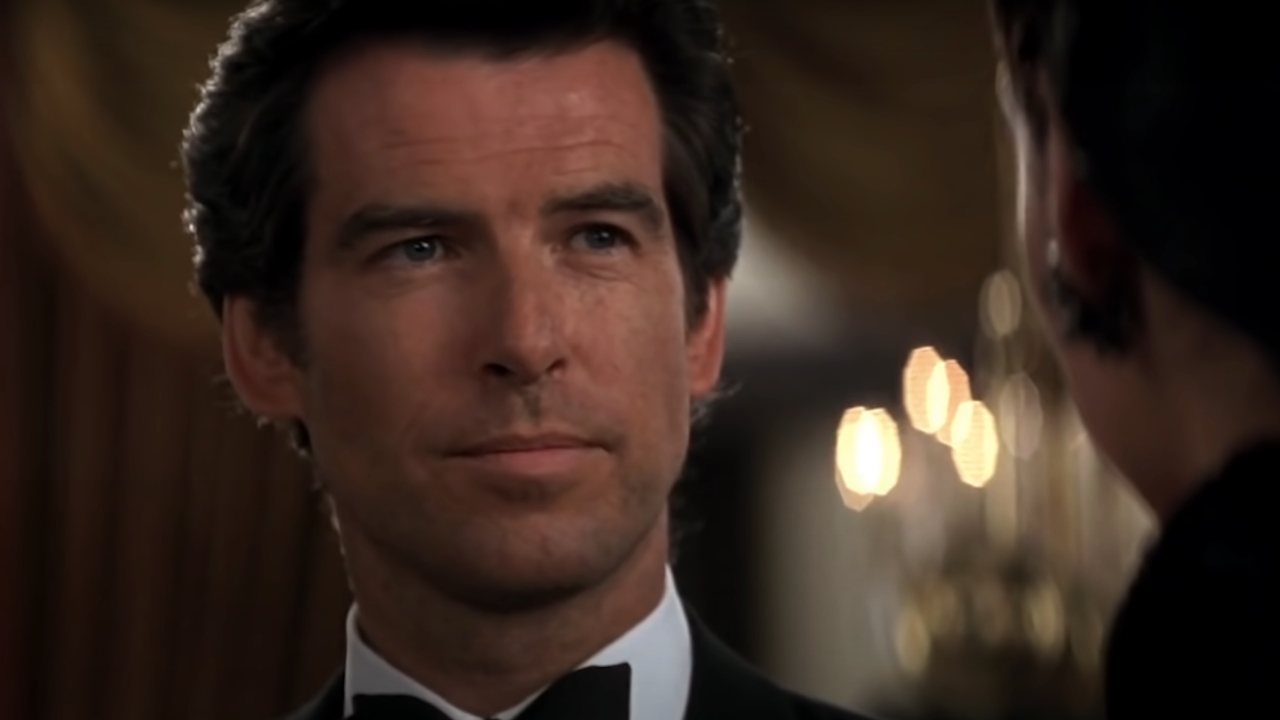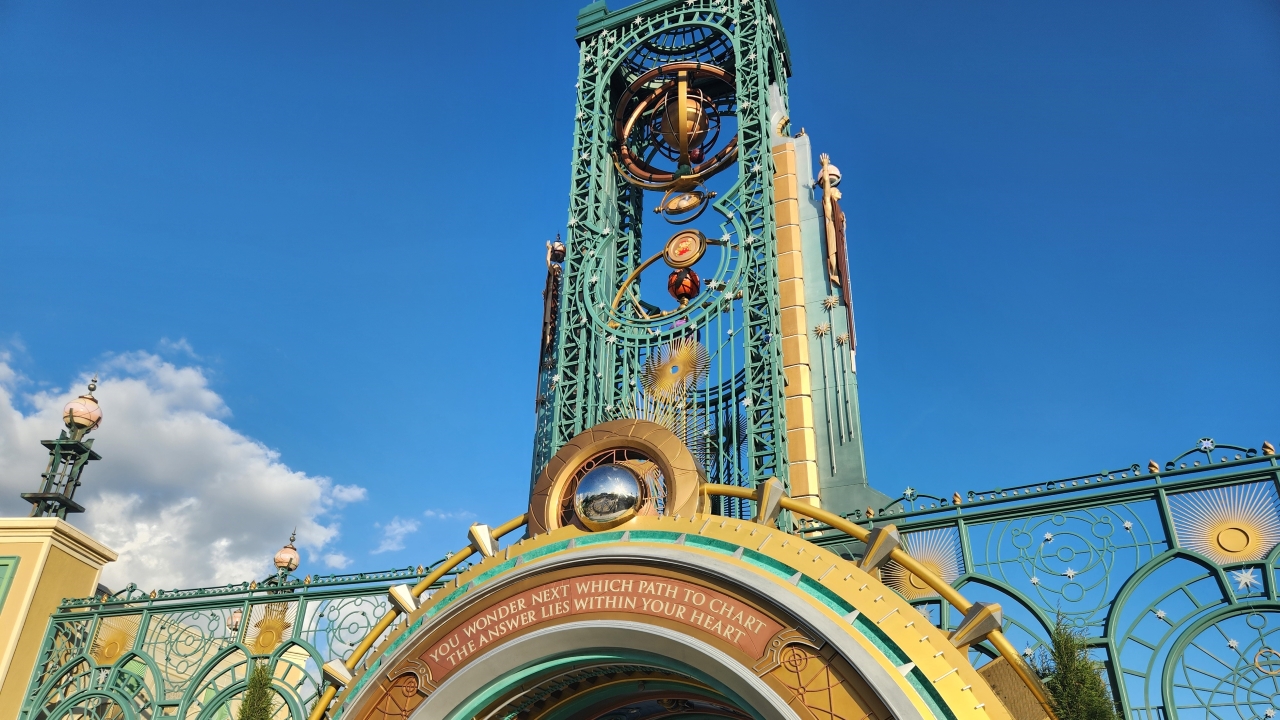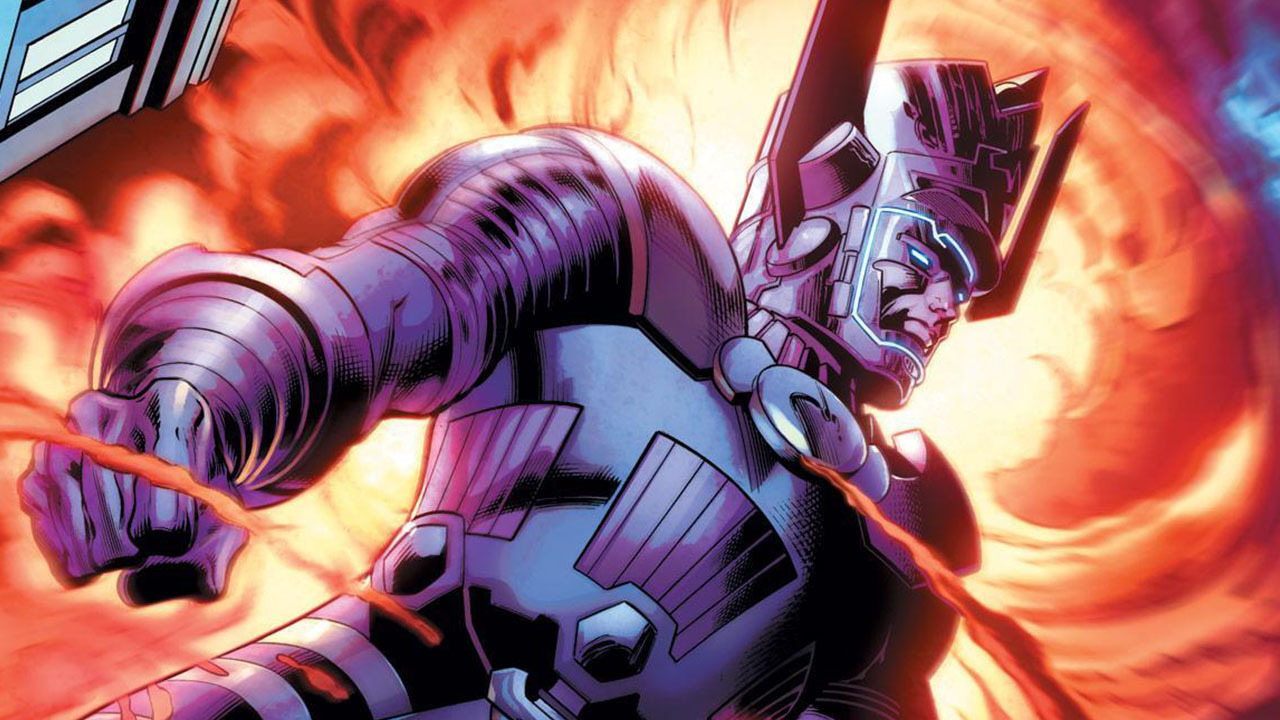George Lucas Almost Sold Star Wars Before Empire Strikes Back, Here's Why He Didn't
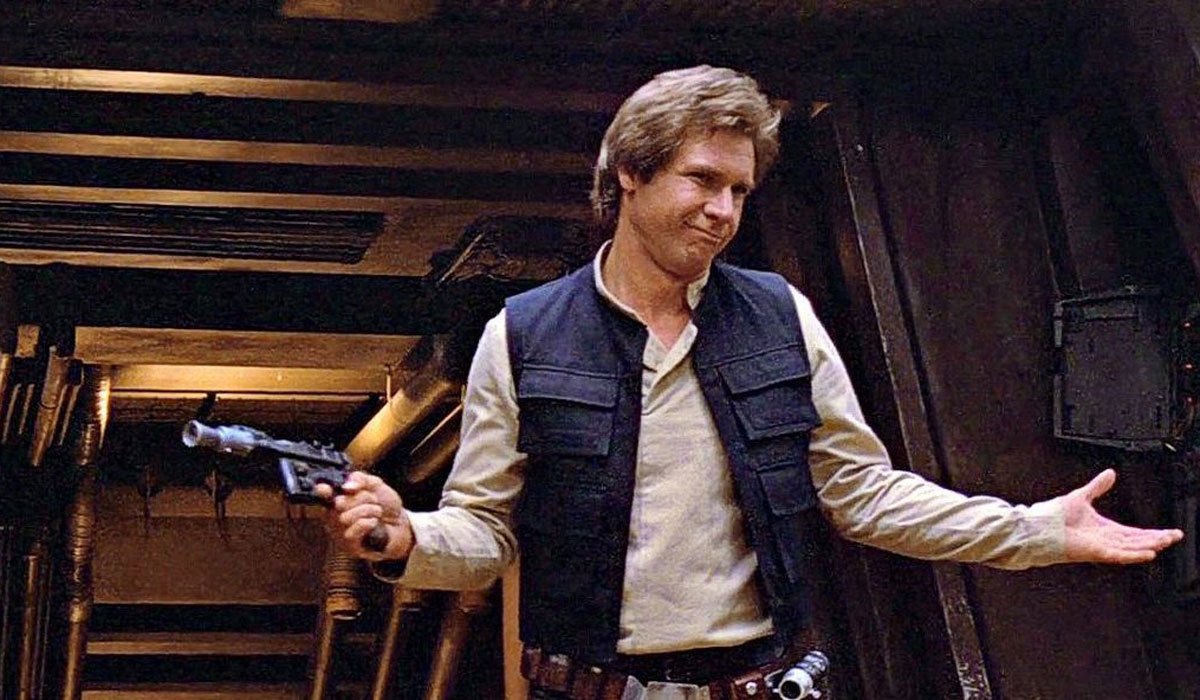
The first Star Wars movie may have been a huge hit, but that doesn’t mean the path forward was super clear after its theatrical run concluded. Creator George Lucas had a decision to make. He could push forward with the property mostly on his own and retain full control and shoulder all the risk or he could turn Star Wars over to FOX and just take a percentage of the future grosses. He obviously gambled on himself, but apparently, he wrestled with the decision.
George Lucas revealed his thought process during a longer piece with Empire. Here’s his take on the matter…
At first I was contemplating selling the whole thing to Fox... I'd just take my percentage and go home and never think about Star Wars again. But the truth of it is, I got captivated by the thing... And I can't help but get upset or excited when something isn't the way it's supposed to be. I can see that world. I know the way the characters live and breathe.
Lucas ultimately bet on himself, and he bet on himself in a really big way. Rather than let a studio finance the sequel itself, in this case FOX, he instead took out a $15 million loan and only worked in FOX for distribution, at least initially. Unfortunately, not everything goes to plan when you’re in Hollywood. Empire Strikes Back went way over budget. The original $15M ballooned into $25M, which later ballooned into $33M. The banks got so nervous Lucas had to bring in FOX to help secure the loan. It’s unclear what he had to give up in exchange for their help, but once the film was finished and released, there was no concern about paying anyone back.
Empire Strikes Back made some bold creative choices and grossed more than $300M during its initial run, which was an absolutely gigantic figure in 1980 (still is too!). Its success allowed George Lucas to make Return Of The Jedi and of course, continue to make more Star Wars movies down the road. He eventually got the itch to sell Star Wars and LucasFilm to Disney but that wasn’t until 2012. Disney paid handsomely to the tune of more than $4B in combined cash and stock in a deal that worked out well for both parties. That’s a pretty good return on investment from that original $15M loan.
There are very few entertainment-related things on the Internet people like to argue about more than George Lucas and the decisions he made when it came to Star Wars, but regardless of how you feel, it’s worth remembering and taking into account how much he risked to bet on himself and bet on the future of Star Wars. He had a clear idea of the story he wanted to tell, and he gambled to retain that creative control (at least for a long time).
Not a really high percentage of filmmakers would do that. Many would take the security, even if it left final say of their franchise in someone else’s hands. Then again, it's also worth keeping in mind that fans have been just as vocal and found as many reasons to complain about Star Wars after Disney assumed control and started using its own ideas. I'm sure Lucas doesn't miss that part at least.
CINEMABLEND NEWSLETTER
Your Daily Blend of Entertainment News
Mack Rawden is the Editor-In-Chief of CinemaBlend. He first started working at the publication as a writer back in 2007 and has held various jobs at the site in the time since including Managing Editor, Pop Culture Editor and Staff Writer. He now splits his time between working on CinemaBlend’s user experience, helping to plan the site’s editorial direction and writing passionate articles about niche entertainment topics he’s into. He graduated from Indiana University with a degree in English (go Hoosiers!) and has been interviewed and quoted in a variety of publications including Digiday. Enthusiastic about Clue, case-of-the-week mysteries, a great wrestling promo and cookies at Disney World. Less enthusiastic about the pricing structure of cable, loud noises and Tuesdays.

